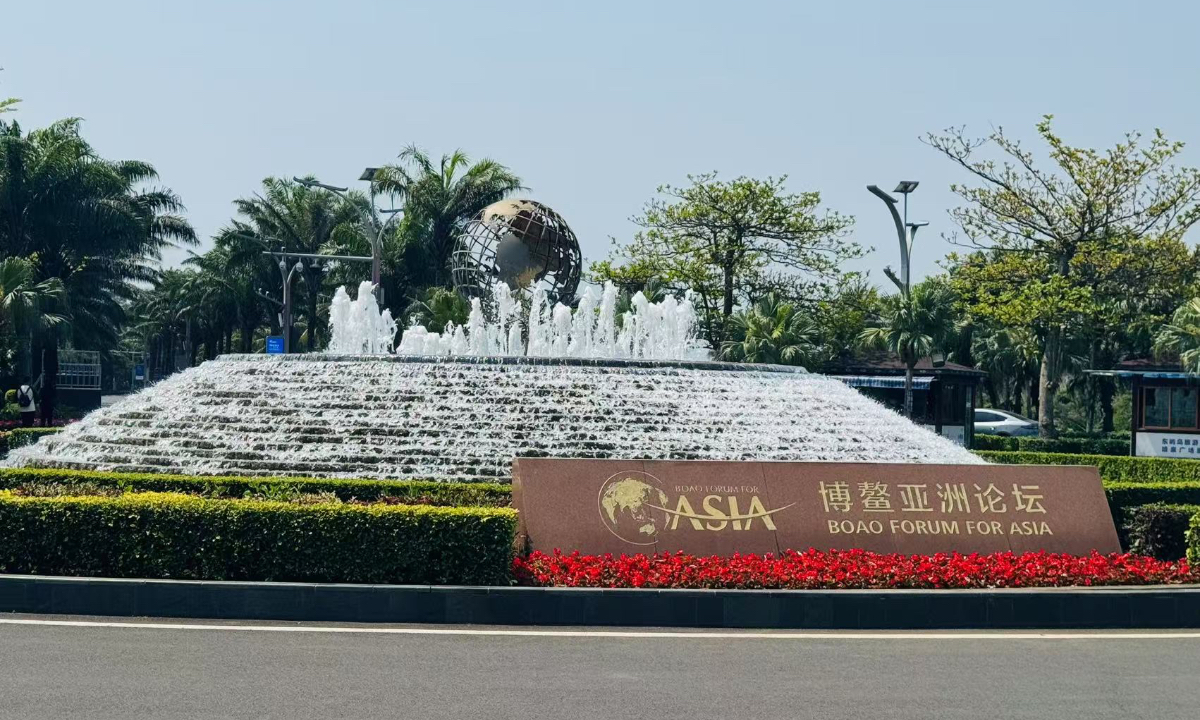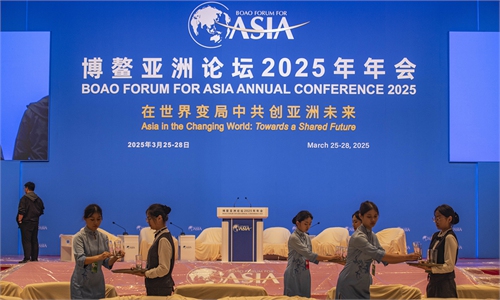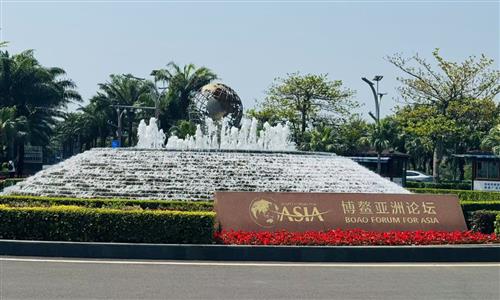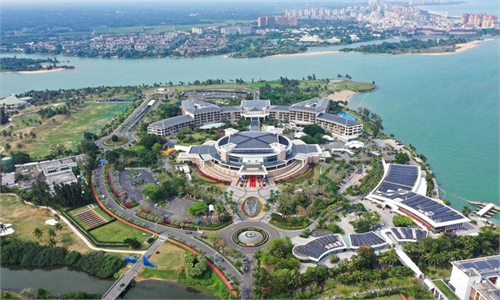Over next 15 years, US may rely on Chinese original innovation in many areas: scholar Zheng Yongnian

The Boao Forum for Asia Annual Conference is being held from March 25 to 28, 2025 in South China's Hainan Province. Photo: Liu Yang/GT
The notion that "the US excels in innovation while China specializes in imitation" has long circulated in public discourse and online discussions. In response to this view, Zheng Yongnian, dean of the School of Public Policy at the Chinese University of Hong Kong, Shenzhen and president of the Institute for International Affairs, Qianhai, told the Global Times on Wednesday that China has accumulated sufficient foundational capabilities to transition toward original innovation. Zheng noted that within the next 10 to 15 years, the US may increasingly rely on Chinese-originated innovations across multiple technical fields.During the Boao Forum for Asia Annual Conference 2025, Zheng noted that every country has gone through the stage from imitation to innovation. As a matter of fact, the US was not good at innovation at the beginning. Innovation in the US began after World War II. The US purchased European technologies and attracted a large number of natural science and social science experts from Europe, which was the basis for innovation.
"The US today vilifies us for 'stealing' their technologies. But in fact it was the UK that was the first country to industrialize, so wouldn't the US also be 'stealing' technologies from the UK?" he asked, adding that it was not "stealing" but a natural diffusion of technologies.
According to Zheng, innovation is built on the basis of technology diffusion, which is a general law of technological development in latecomer countries. "In recent times, many 'zero to one' original technologies have indeed come from the West. But this does not mean that non-Western countries do not have original mechanisms. Just take a look at Japan and South Korea. In the first two to three decades of their economic takeoffs, they generally applied Western technologies. But when they accumulated a certain amount of technologies, they definitely turned to originality."
The scholar told the Global Times that China did apply a lot of Western technologies in recent decades, but after years of development, China has accumulated enough of a foundation to turn to originality. "China already has 'zero to one' originality." He described how he recently conducted a lot of research in the Yangtze River Delta and Pearl River Delta regions and found that "Nezha, DeepSeek and Unitree are just the 'tip of the iceberg,' and China's innovation dynamics are very strong."
"If we go at the current pace of development, in the next 10 to 15 years, in some areas, the US may need to rely on China instead," he said.
"When I last returned to my hometown Zhejiang, someone told me, 'The US-China competition in artificial intelligence (AI) isn't a contest between the US and China - it's US-based Zhejiang people competing against China.' Just look at how many Chinese are working in the US AI sector," Zheng joked to the Global Times. He added that China's tech sector is highly "youth-oriented," citing AI as an example where the industry is full of the youngest Chinese people, making innovation prospects in these fields even more optimistic.



